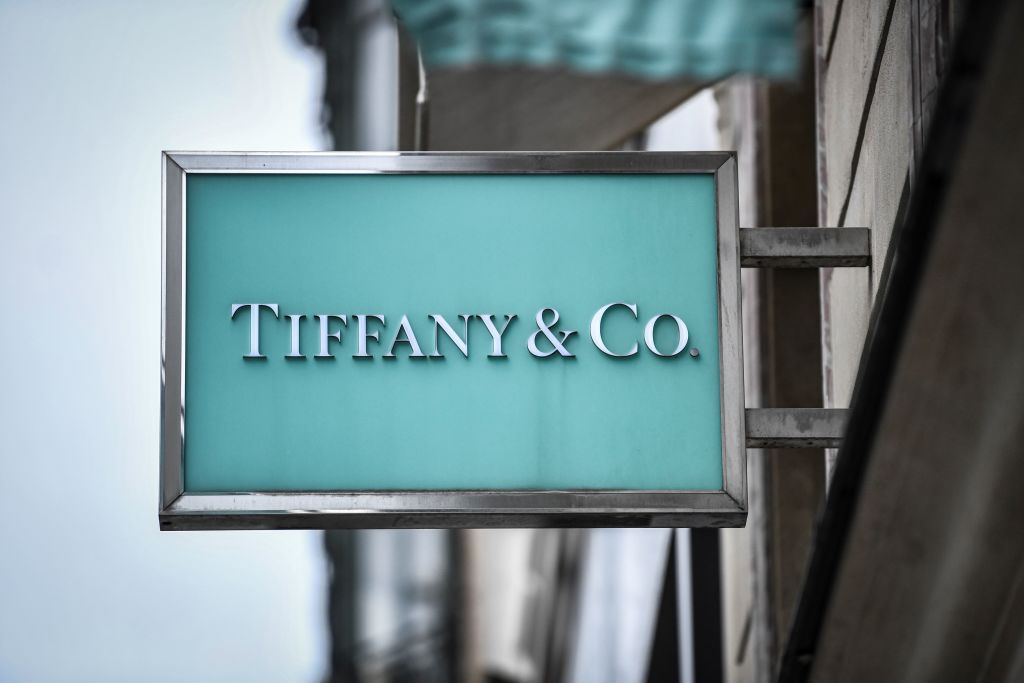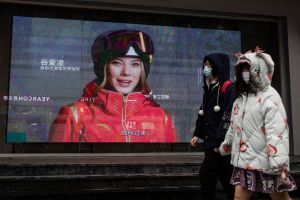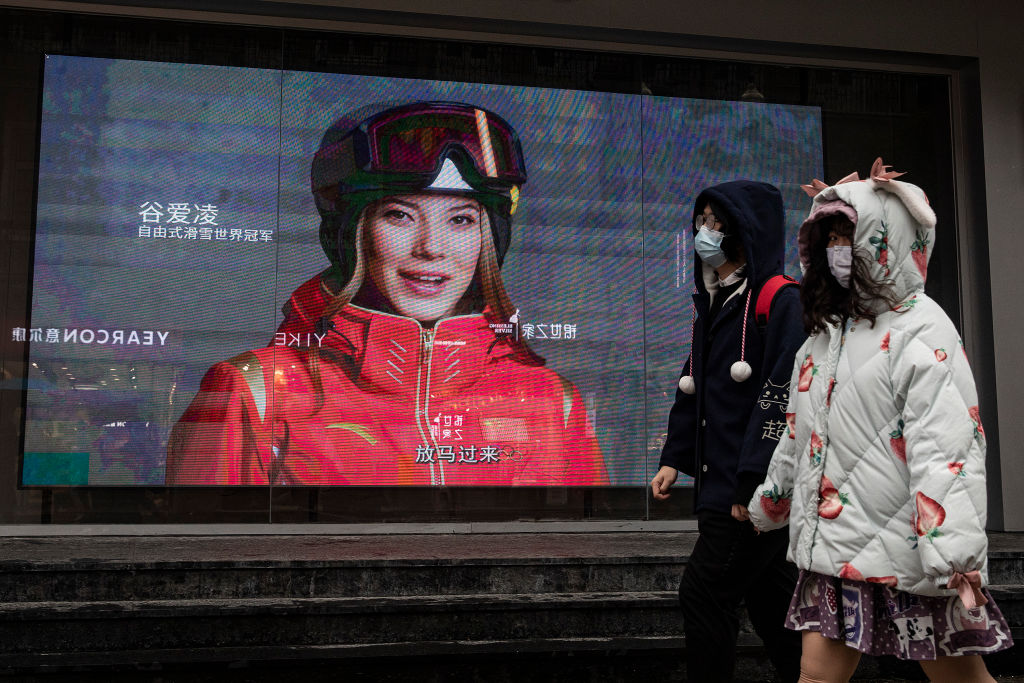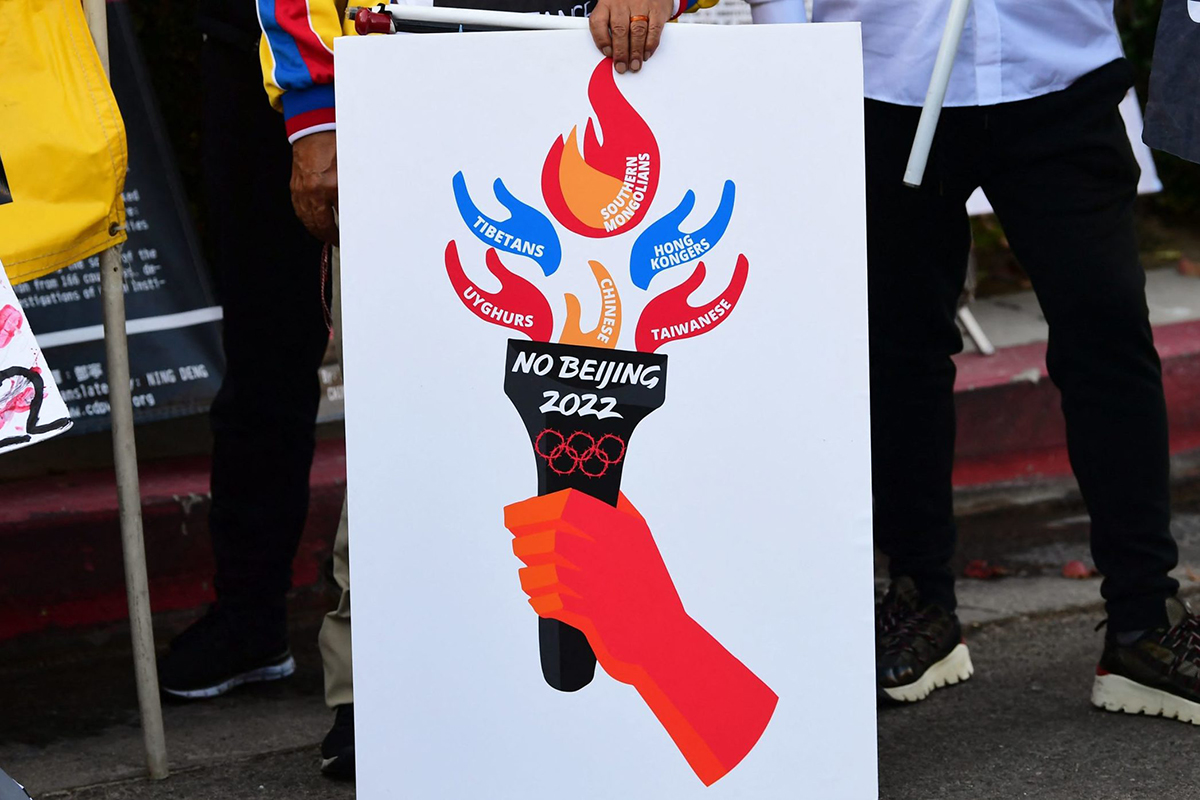New executives at Tiffany, the venerable American jeweler, have decided to hawk what used to be called “bling.” Just before Covid hit in late 2019, LVMH bought Tiffany & Co. for $16 billion. LVMH, which started out as the high-end luggage company Louis Vuitton, has taken over all manner of fancy wine, perfume and clothing emporia. The Tiffany buyout was the largest in luxury-sector history. Bernard Arnault, chairman of LVMH, installed one of his sons, Alexandre, as executive vice president. “It’s time,” Alexandre said recently, “to push the boundaries a little bit.”
In a bunch of recent press reports, we’ve been given a hint of what that means. It means the sort of flash associated with spangled pianists in the twentieth century and gesticulating rappers in the twenty-first. An investment analyst told the Financial Times that Tiffany is going to start focusing on “products that are instantly recognizable across a restaurant.” In other words, products that can easily be counterfeited and sold off a blanket on a sidewalk on Upper Broadway.
Following the Internet Age model of companies that mistake themselves for governments, Tiffany is going to have commercial “ambassadors,” including the model Hailey Bieber (Justin’s wife), the skier Eileen Gu, and singers Pharrell Williams and Jay-Z.
It’s cheugy.
I hope the reader will pardon me for using that word. It was big during the Covid lockdowns among TikTok-using youth, who have by now probably stopped using it altogether. As I recall, the word was invented by people born around 1998 to mock the styles of people born around 1988. Something that is cheugy is still popular, but is undergoing the barely perceptible transformation from being cool to being established. A cheugy thing has, as baby boomers used to say, “jumped the shark.” “Cheugy” is to “out” as “obsolescent” is to “obsolete.”
So, liking Perry Mason or Peter Frampton, or being the kind of person who texts “heard your aunt died LOL,” thinking LOL means “lots of love” — that’s retro, not cheugy. But it might soon become cheugy to watch, say, Breaking Bad, if it is not already.
There’s one item on the Tiffany list that is not at all cheugy: Eileen Gu. Her importance is a thing of this very minute, even if it has not yet been adequately analyzed. Those who watched the recent Winter Olympics will remember her as the US-born ski-acrobat of genius who chose to compete for her ancestral homeland — China — rather than her home. At her first gold-medal press conference, she refused even to say what her citizenship was, as if it were a matter of no public consequence. It is a new idea.
Gu’s abandonment of her American identity for a Chinese one can only be a traumatic moment for Americans. Second-generation Americans have from time to time entered the Olympics as “ringers” for the easier-to-qualify-for teams of their parental homelands. But this is the first case where a top-tier athlete, and a glamorous one at that, has opted out of her American allegiance by preference.
Not that she lacks for potential grievances. The Chinese government does not penalize Chinese university applicants because of their race, as the US government does through affirmative action. But whatever her reasons, Ms. Gu’s snub is a powerful sign that time is running out on American global hegemony. With a normal product, her ambassadorial role might be counterproductive — at least in the US market. But the Americans most passionate about the flag tend not to shop at Tiffany.
Tiffany’s other “ambassadors” do not have Gu’s relevance. They will likely be posted to the diplomatic mission in Cheugystan. Jay-Z’s “Hard Knock Life” was a hit back in the twentieth century, back before 9/11, back when people were still learning the dance moves to the “Macarena.” However long “Happy” gets played at college reunions, Pharrell Williams is a man of the early Obama administration. One gets the impression these “ambassadors” have been chosen not because they’re cutting edge but because Tiffany’s young execs are wallowing in nostalgia about their own college years.
This nostalgia is a core trait of our species. Perhaps it’s more pathetic in a seventy-five- than a thirty-five-year-old, but it’s essentially unchanging. In 2007, TV ad execs were using Human League’s quarter-century-old “Don’t You Want Me, Baby” to sell Chips Ahoy cookies to forty-somethings, Sheryl Crow’s decade-old “Every Day is a Winding Road” to sell Subarus to thirty-somethings, and Wilco’s newish “Walken” to sell VW Jettas to twenty-somethings. The same ads would probably work just as well on the sixty-, fifty-and forty-year-olds their targets have since become.
Luxury retail is as cheugy as any other kind. You don’t need “creativity” or “taste” or “leadership” to buy a Tiffany watch. You just need money. That’s probably the way it should be. What the Victorian journalist Walter Bagehot wrote of banking is as true of anything else involving big money: “The business of banking ought to be simple. If it is hard it is wrong.” Bankers were collecting exorbitant salaries for what must surely be a simple job, given how early they quit for the day, Bagehot admitted. But, as he saw it, that was preferable to having elites burn the midnight oil, dreaming up idealistic plans for us and ambitious roles for themselves.
This article was originally published in The Spectator’s May 2022 World edition.























